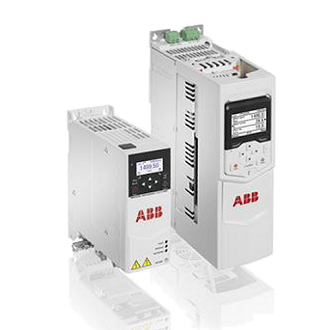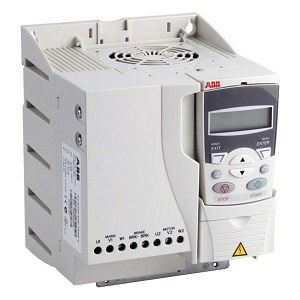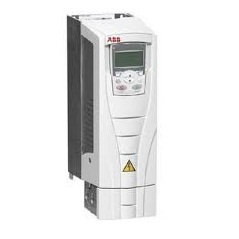ABB ACH vs ACS: Decoding the Differences
In the realm of variable frequency drives (VFDs), ABB ACH and ACS differ in their application and functionality. We’ll look at the formula that separates them.
ACH Series
Application Focus: The ABB ACH series (such as ACH550) is designed principally for HVAC (Heating, Ventilation, and Air Conditioning) applications which need particular demands on controlling the motors in heating and cooling applications.
Key Features: ACH drives generally come with features that are demanded by HVAC applications, including fan and pump control, energy optimization, and integrated interfaces for building automation systems.
ACS Series
Application Versatility: The ABB ACS series (including ACS310, ACS550, etc.) such as does not have an application restriction like ACH, instead they are much more general purpose drives that find use in a very wide variety of industries and applications including in manufacturing and water/waste water to various motor control solutions.
Diverse Capabilities: These drives are much more flexible and come with a plethora of features that allow them to fit in just about any environment. These can include more sophisticated control algorithms for demanding energy efficiency applications, better performance in a wide variety of operating conditions, and their interfaces with a large variety of different systems.
What this means in automation is that while ACH series is clearly the leader in HVAC applications with a variety of different specialized offerings, the ACS series continues to be preferred in general by a large array of industries as their motor control needs are very diverse.
Automation professionals will evaluate the requirements of an application, with ACH the better choice for HVAC centric applications and ACS offering a more general solution for a wide variety of different applications in industry.




